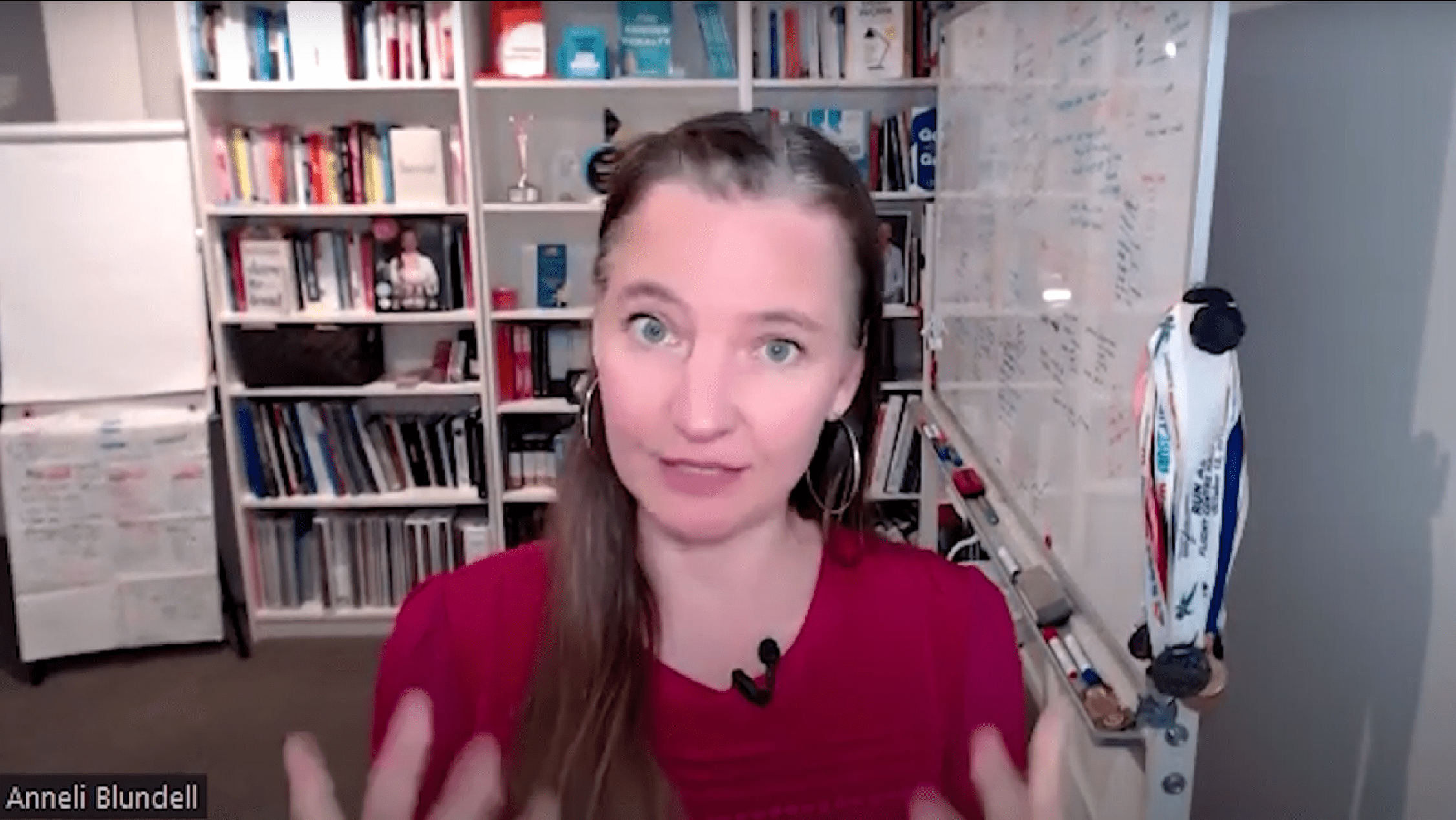Have you ever thought why a stand-alone session on Diversity, Equity and Inclusion (DEI) without any follow-up or actions to improve rarely has lasting impact? In our latest podcast video, we begin to delve into some examples DEI in the corporate world. We explore what doesn’t work – and the way organisations and leaders must consider DEI to create deeper meaning and impact. With a focus on moving beyond superficial measures, our guest speaker, Anneli Blundell, offers a critique of common DEI practices and suggests ways to embed genuine inclusivity into your organisational culture. If you’re seeking real ways to foster deeper change and belonging, take a look.
If you are just joining us, feel free to check out the first video.
The Pitfalls of Outsourced Diversity equity and inclusion: DEI as a Leadership Capability
Anneli begins by addressing a frequent misstep in corporate DEI efforts: treating DEI as a separate department. She argues that DEI should not be compartmentalised but rather integrated as a core leadership capability. This approach prevents the tick-box culture that undermines the effectiveness of DEI initiatives and emphasises the need for DEI to be a day-to-day priority across all levels of an organisation.
Listening and Responding to Employee Feedback: Engagement Surveys as Tools for Change
Another critical issue Anneli points out is the one-way nature of engagement surveys. Organisations often fail to act on the feedback they collect, which can frustrate employees and stifle genuine dialogue. Anneli stresses the importance of not only listening, but also demonstrating through clear actions that employee voices are heard and valued. This responsiveness is key to building trust and facilitating continuous improvement in DEI practices.
Innovative Strategies for Embedding Diversity equity and inclusion: Focusing on Skills and Outcomes
Anneli proposes a shift in focus from overt DEI discussions to embedding equality and equity into everyday business practices. She highlights the importance of hiring based on skills, which can promote a more equitable and inclusive environment. This approach also aligns with the shifting dynamics of the modern workforce, where reskilling and adapting are crucial.
The Concept of Imperfect Allyship: Embracing the Journey
The conversation concludes with a reflection on the concept of “imperfect allyship,” introduced by Simon as a reflection on the work BSI has done with her. Recognising that perfection is unattainable, Anneli advocates to start – and to make an ongoing commitment to improvement in DEI practices. This mindset encourages organisations to acknowledge their shortcomings, while continuously striving to improve outcomes.
Conclusion: A Call to Action for Meaningful DEI Integration
This podcast episode is a must-listen for anyone involved in shaping corporate culture and DEI strategies. It challenges listeners to rethink traditional approaches and embrace more integrated, responsive, and skill-focused strategies. By doing so, organisations can ensure that their DEI efforts are not only about policies and procedures but also about making a tangible difference in the lives of their employees.
Join us on our next episode – where we will gain further insights and explore from a First Nation’s perspective some of the tools and initiatives and fostering a truly inclusive workplace.
Watch the full podcast episode on Apple or Spotify.
Learn more about how BSI digital can help you with your Diversity and Inclusion learning needs – get in contact with one of our team.
Stay tuned for more on the next video of BSI’s Future Learning Podcast series.
Thank you for tuning in!






